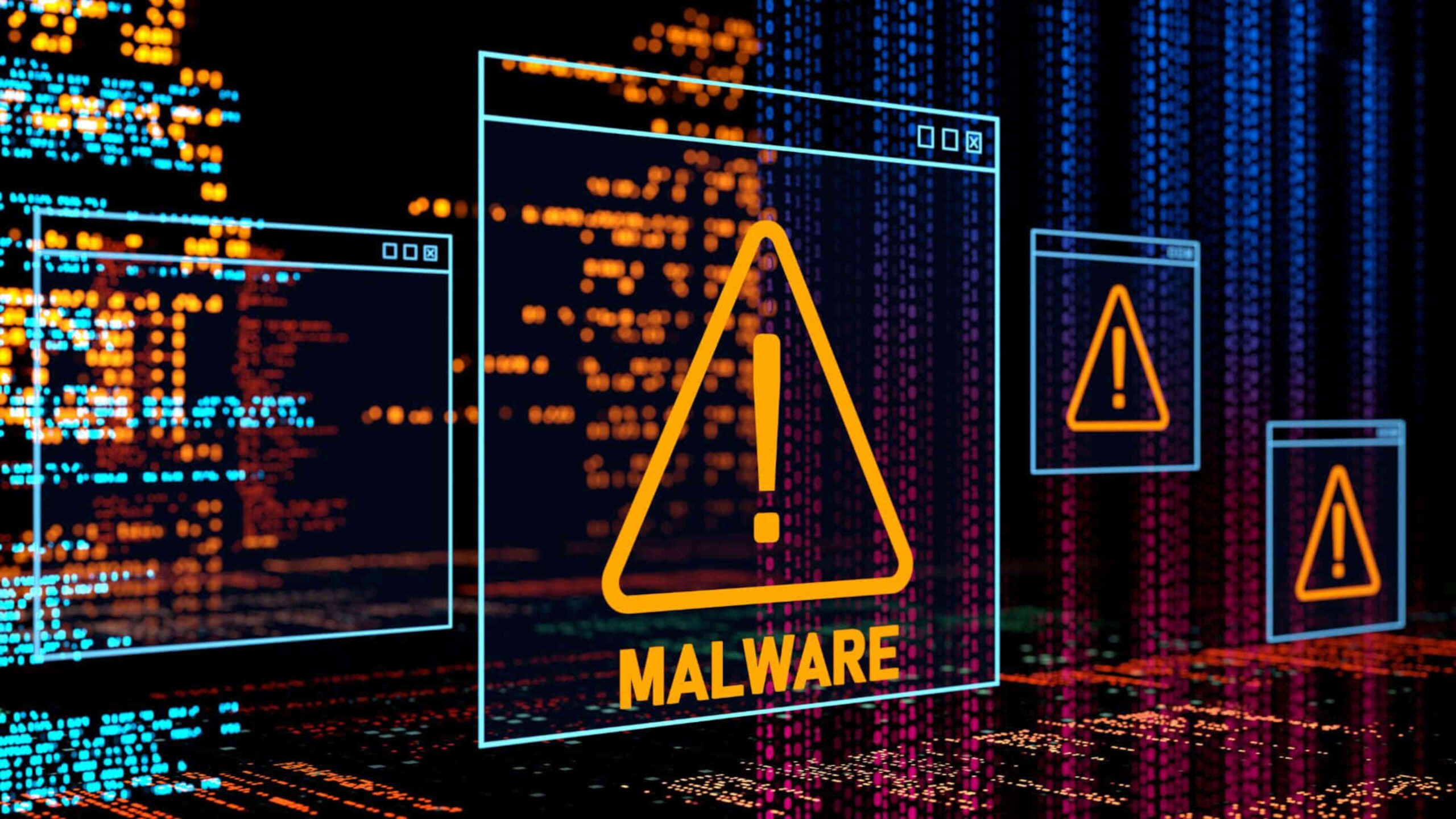Overview
Linux, renowned for its robust security and open-source ethos, recently faced a significant challenge. The discovery of a backdoor in xz-utils, a widely used compression tool across various Linux distributions, has sent shockwaves through the community. In this article, we'll delve into the details of this discovery, its potential implications, and how the Linux community is responding to ensure the integrity of open-source software.
Understanding xz-utils
Before delving into the backdoor discovery, let's first understand what xz-utils is and why it's significant in the Linux ecosystem. xz-utils is a set of free lossless data compression tools, including the xz compression utility and the liblzma compression library. It is commonly used for compressing files in Linux distributions, often as part of package management systems like apt and yum.
The Discovery
The backdoor in xz-utils was first brought to light by security researchers who identified suspicious code within the source repository. Upon closer inspection, it was revealed that the backdoor allowed an attacker to execute arbitrary code when decompressing specially crafted xz archives. This posed a severe security risk as it could potentially lead to unauthorized access, data breaches, and other malicious activities on affected systems.
Implications and Impact
The discovery of a backdoor in a fundamental tool like xz-utils has far-reaching implications for Linux security. Since xz-utils is widely used across various distributions, millions of systems were potentially at risk. The backdoor could have been exploited by threat actors to compromise sensitive data, disrupt services, or launch further attacks within affected environments. Furthermore, the incident raises questions about the security practices surrounding open-source software development and the need for enhanced scrutiny to prevent similar vulnerabilities in the future.
Response and Mitigation
Upon the disclosure of the backdoor, the Linux community swiftly responded to address the issue and mitigate potential risks. Distribution maintainers worked diligently to patch the vulnerable versions of xz-utils and distribute updates to users. Additionally, security advisories were issued to alert administrators about the vulnerability and provide guidance on remediation steps. Collaboration between developers, maintainers, and security experts was instrumental in containing the impact of the backdoor and fortifying the integrity of the Linux ecosystem.
Lessons Learned
The xz-utils backdoor incident serves as a sobering reminder of the ongoing challenges in maintaining the security of open-source software. While Linux's open nature fosters innovation and collaboration, it also necessitates rigorous scrutiny to identify and address vulnerabilities promptly. Moving forward, the community must remain vigilant, implement robust security practices, and prioritize transparency to uphold the trust and reliability of Linux distributions.
Conclusion
The discovery of a backdoor in xz-utils underscores the critical importance of security in the Linux ecosystem. By understanding the implications of such vulnerabilities and responding swiftly and decisively, the community demonstrates its resilience and commitment to safeguarding open-source integrity. As threats evolve and challenges persist, collaboration and vigilance remain paramount in maintaining the security and trustworthiness of Linux distributions for users worldwide.


